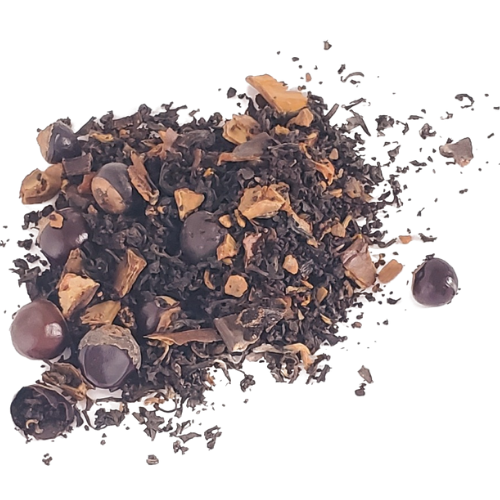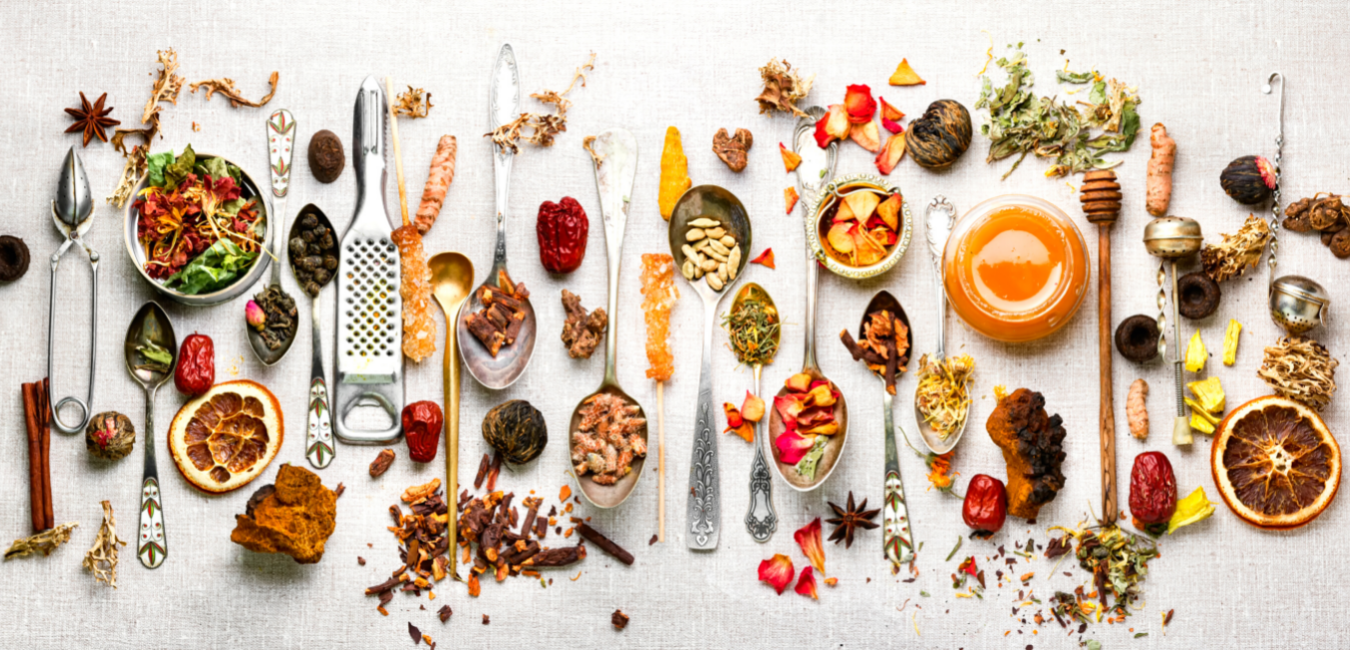For as long as I can remember, I've always heard that tea is good for you.
Growing up in a Caribbean household, tea was the cure (for ALL things). If you have a tummy ache, drink tea. If you have a fever, drink tea. If you had a broken heart, drink tea. Obviously, tea doesn’t solve all your issues (don’t tell my grannies or my parents) but it’s time we discovered if and how tea affects the human body.
Tea (the processed leaf of Camellia sinenis) contains catechins, a type of phenolic compound and antioxidants such as epigallocatechin gallate (EGCG) that is distributed through your body when consumed. It is found that catechins help lower levels of stress and boost your overall health. EGCG is thought to make people feel calmer and improve memory, mood, alertness and cognition. In fact, researchers have found drinking at least a half a cup of green tea a day seems to lower the risk of developing depression and dementia.
 In a 2007, Andrew Steptoe, a psychologist at the University College London, and his team examined the effect in seventy-five healthy non-smoking men after 6 weeks of black tea consumption. Results lead to lower post-stress cortisol and greater subjective relaxation.
In a 2007, Andrew Steptoe, a psychologist at the University College London, and his team examined the effect in seventy-five healthy non-smoking men after 6 weeks of black tea consumption. Results lead to lower post-stress cortisol and greater subjective relaxation.
In another study, researchers have found Oolong tea contains an amino acid that reduces anxiety, increases alertness and has positive effects on cognitive diseases such as Parkinson’s and Alzheimer’s.
Herbal blends, also called tisanes, offer unique benefits similar to tea.
Known herbs, flowers, and spices like chamomile, peppermint, passion flower, chicory root, and rosehip, found in Bella Mae’s Tea blends, have these medicinal benefits.
- Chamomile: Helps to improve sleep, reduces stress and promotes relaxation. A cup of chamomile tea helps with stiff muscles and inflammation.
- Peppermint: Great for bloating, gas, and an upset stomach. Peppermint tea will assist with reducing diarrhea and constipation symptoms.
- Passion Flower: Promotes a restful sleep, helps with insomnia and anxiety. Passion flower is also said to relieve stress and assist women with menopausal symptoms.
- Chicory Root: Improves digestion and regulated bowel movements. Chicory root has the same flavor profile as coffee but with less caffeine.
- Rosehip: Rich in antioxidants and contains fat burning properties. It is also know to fend off colds and protect the body against infections.
Tea is consumed all over the world for many reasons; taste, benefits, relaxation, or peace. While some teas and blend provide more health advantages than others, there’s plenty of evidence that suggests that regularly drinking tea and tisanes can have a lasting impact on your wellness.
…because it’s peace


